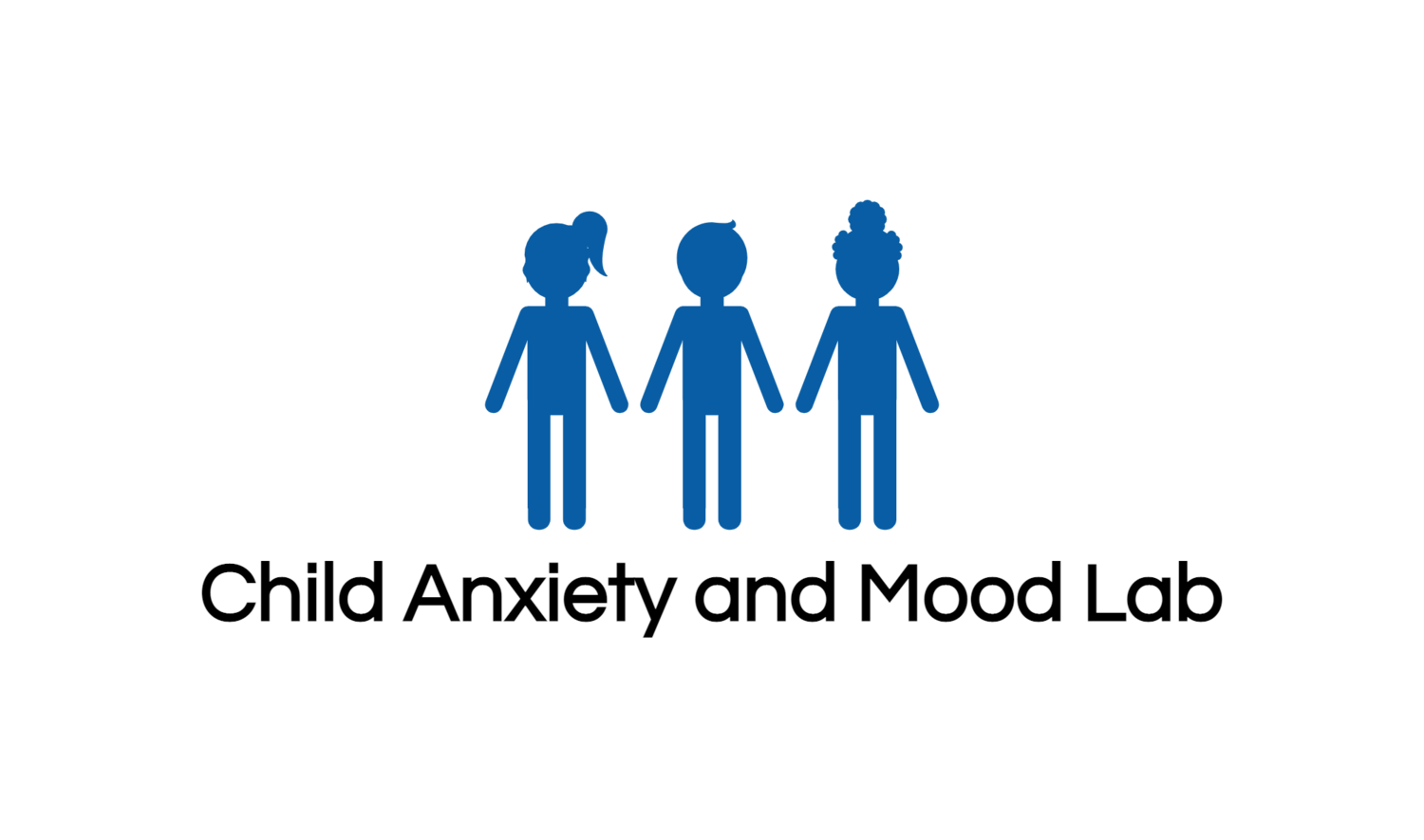Child and Parent Emotion and Sleep Study (ChESS)
In this multi-method, multi-informant study in a community sample of 3-5-year-old children and their parent(s)/caregiver(s), we are expanding our daily diary research in a number of ways. We continue to measure children’s daily emotions and behaviors using parent-reported diaries. Given the importance of children’s context in understanding risk, we also examine parents’ daily emotions and behaviors. We will also assess children’s behavior and parent-child interactions using structured laboratory observations.
In addition to assessing children’s behavior and their context via parents’ behavior, it is also important to assess factors that may influence parents’, and children’s, behavior. One such factor is daily sleep, which is a construct with broad-ranging implications across physiological and psychological systems for both children and their parents. In the present study, we assess children’s and parents’ daily sleep using sleep actigraphy watches as well as parent-report daily diary.
Finally, stress is an additional factor that can influence the constructs of interest in the present study. In addition to assessing child and family stressors via parent report, children’s and parents’ physiological stress response is indexed through the measurement of hair cortisol concentrations (HCC). This approach, which includes inconspicuously cutting strands of hair from the back of the head, is a non-invasive method for obtaining physiological levels of long-term stress and complements parent report by examining one aspect of the physiological response to stress.
Methods: Daily diaries, sleep actigraphy, questionnaires, structured laboratory observations, physiological assessment
Informants: Parents/primary caregivers, coparents/caregivers (if applicable), preschool teachers/daycare providers, children (via observations)

